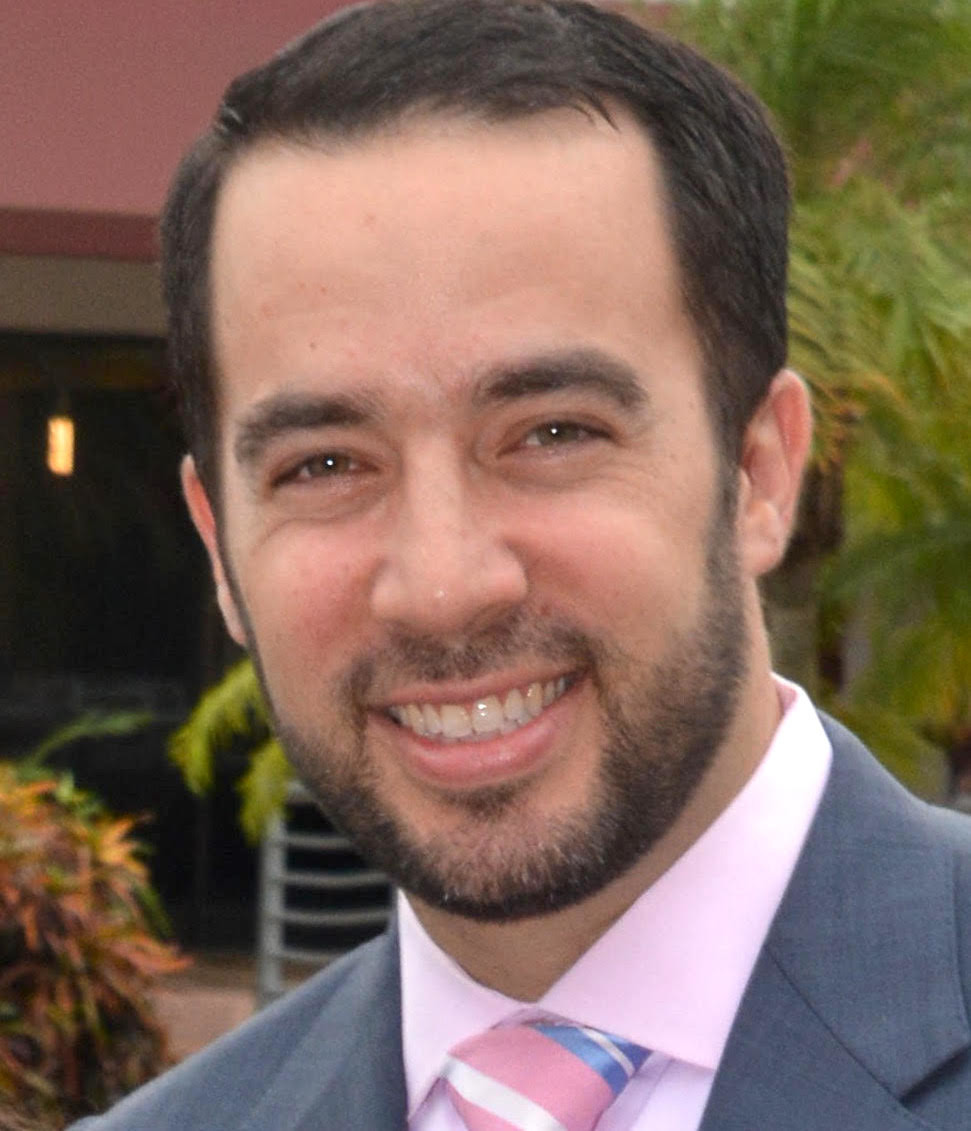Lavan’s peace: being left alone
When Yaakov first arrived in Haran, he encountered shepherds waiting at a well. It might have been the same well where his mother met Eliezer 97 years earlier. And if it was, things had certainly changed. Whereas once upon a time the girls of the town had come on their own to draw water, now some kind of pact had led to a large stone being placed atop the well, so all the shepherds can draw water and keep each other honest.
Wanting to find out about his uncle, Yaakov asked the shepherds a few questions, to which they provided very terse answers.
“Where are you from?” “From Haran.”
“Do you fellows know Lavan?” “We know.”
“Does he have shalom?” “Shalom.”
It seems that they follow this response with “And his daughter Rachel is coming with the sheep,” though that statement can also be read as part of the narrative, not the shepherds giving Yaakov new information. Only when Yaakov asked why they were hanging around the well did they open up and answer in complete sentences: “We cannot [water the animals] until all the flocks gather, and we all roll the stone off the top of the well, then we water the sheep.”
That they are more talkative when Yaakov asks them about themselves than about Lavan might speak to their personalities. But why do they not even respond to the question about the shalom of Lavan’s home with a complete answer?
And if they introduced Rachel, why did they offer that information when they weren’t even asked?
Let’s look at the second question first. A number of Midrashim suggest that these guys were not talkative and weren’t interested in playing Haran Geography. When they saw Rachel coming, they saw an opportunity to get this nudnik off their case. Of course, as Yaakov was an experienced shepherd, talking shop opened them up to a conversation, and when Rachel arrived, they were still chatting (29:9).
The Baal Haturim notes that they did not respond to his last question about shalom with a full response as “there is no peace for the wicked” (Yeshayahu 57:21).
Ohr Hachaim argues that their incomplete answer stemmed from their understanding of Yaakov’s questiom: Is Lavan shalem (whole) in body and financially? Were they, the shepherds, at peace with him? Their simple response, “Shalom” was vague enough to cover both: we’re not in a fight with him, and he’s doing OK. In fact, his daughter is coming — she’s safe.
On the other hand, Ohr Hachaim continues, the shalom didn’t inform him whether Lavan was doing well financially. It didn’t say “Everything is great.” But it led into the assertion that Rachel is coming, alone, with all her father’s sheep — meaning that Lavan’s assets are nothing to write home about, or that he is very cheap and doesn’t care about his daughter, who has been raised to be the shepherd.
Alternatively, as the Torat Moshe puts it, there is peace with him because no one wants to associate with him. Since no one wanted to have anything to do with him, he couldn’t hire any shepherd but his daughter. He did his own thing! He didn’t bother anyone and no one bothered with him.
It’s the simplest ingredient for peace: leave each other alone. Even if it is a cold peace because we have nothing to do with each other, at least we’re not fighting. And if every now and then we need to cross a border to go into town or take care of our sheep, we can send an emissary who is not scary or dangerous, whom no one will bother.
When fighting and rockets flare up out of Gaza, as it does every couple of years, this is all I can think of. Though some elements of Hamas culture will never rest until all Jews are dead, I cannot understand the society that refuses to say, “Let’s make the best of our situation. We don’t need military; we need creativity! We will create, export, make jobs, bring out the best of our people. We need education for our children, hope for our people — and we have the power to create it!”
I thought a Hundred Years’ War was a thing of the past. And while I don’t want to be pessimistic, when I am blessed with grandchildren one day, they too will watch with sadness as the war continues.
The prophet Yeshayahu says, two verses prior to the one quoted by the Baal Haturim, “‘I create the speech of the lips; peace, peace to the far and to the near,’ says the Lord, ‘and I will heal him.’ But the wicked are like the turbulent sea, for it cannot rest, and its waters cast up mud and dirt.”
Sad but true. As we learn about Lavan through the parsha, we see why he had no friends, and why peace remains distant.

 72.0°,
A Few Clouds
72.0°,
A Few Clouds 




